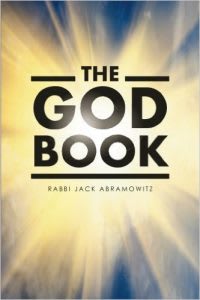3.3 - God's Unity
Sources refer to Rabbi Bachaye ibn Pakuda's Chovos HaLevavos (Duties of the Heart)
************************************
The Creator is One (Chapter 7)
Having determined that the world must have a Creator, we must now investigate whether He is One. We do this in seven ways.
Absolute Unity (Chapter 8)
The difference between God’s unity, which is absolute, and the unity of other things, which is temporal, is that absolute unity is an essential, inherent characteristic, while temporal unity is accidental. We can speak of one herd of sheep (which contains many animals), one army (which contains many soldiers) and one basket of grain (which contains many kernels). We call them “one” but in reality, they are many. When the individual members are removed from the group, we would likewise consider them “one.” The unity of the group is an accident, not an inherent property.
Similarly, a single item is “one” but it is actually made up of many parts and components, which are subject to being separated. Doing so would reveal that the item wasn’t really “one” in the first place! Again, the unity of a single thing is an accident of circumstance, not an inherent characteristic.
Absolute unity, however, cannot be increased by adding more, nor can it be decreased by being disassembled. It cannot be transformed or destroyed, nor is it like anything else. Something that is absolutely “one” will have no beginning and no end because absolute unity doesn’t change. If something changes, its unity is accidental not absolute.
The Unity of Created Things (Chapter 9)
Here’s why God’s unity must be absolute: anything made up of parts can only be brought into existence through assembling its parts. It is inherent in created things that their parts can be disassembled. Since unity precedes plurality (see chapter 7, item #5), it follows that the cause of things that are plural must itself not be plural. If the prime cause is not plural or made of parts, then its unity is absolute.
The unity of created things is not inherent or enduring. When applied to a species, an individual, a heavenly body, or anything else, it is only “one” in the relative sense. Absolute unity is not found in created things; it can only be attributed to the Creator, as King David wrote, “There is none like You among the powers, Hashem, and there are no works like Yours” (Psalms 86:8). Anything else that we call “one” is really plural; only God is truly “one” in every respect.

